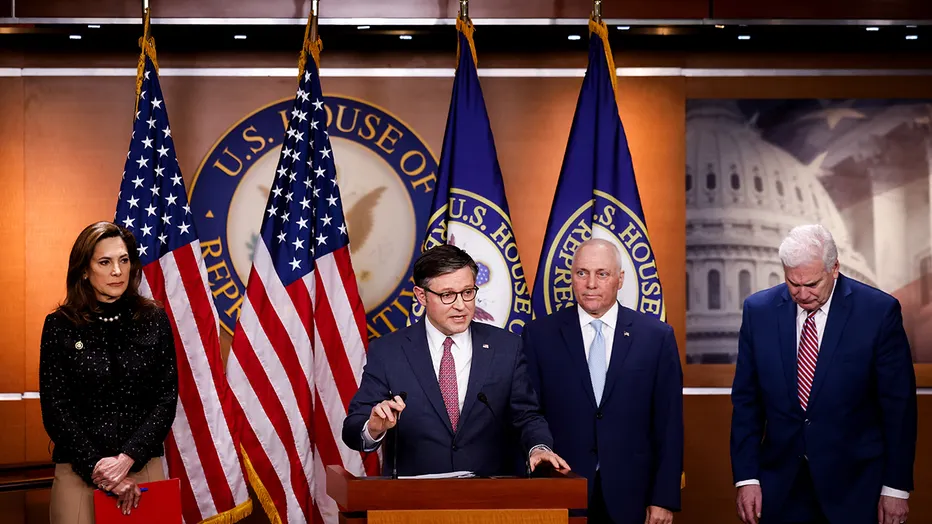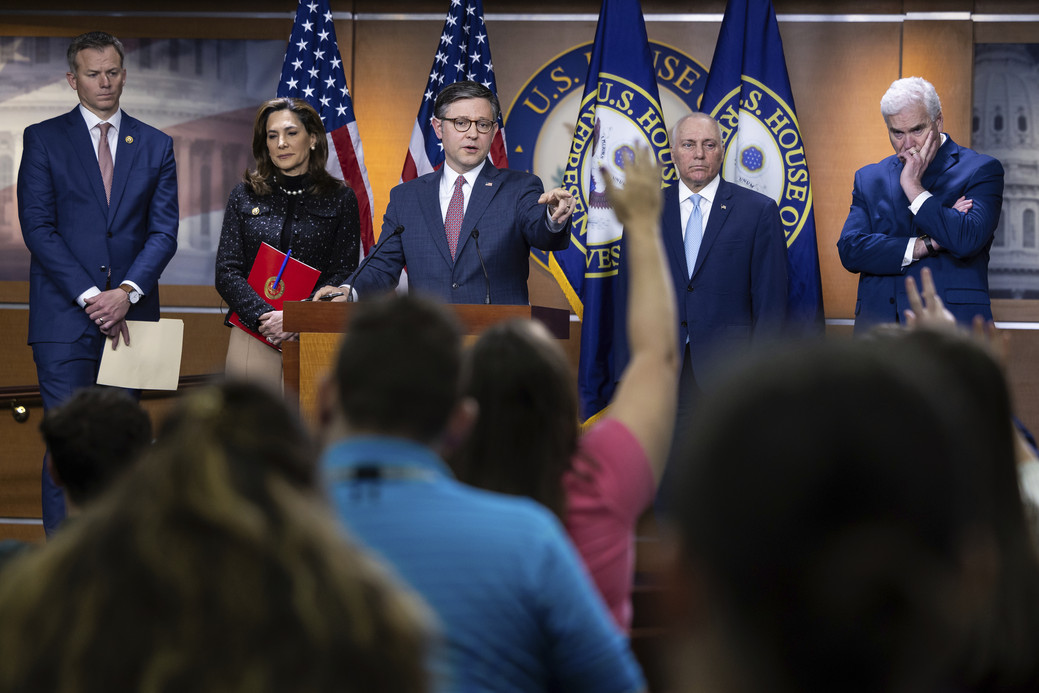The Republican-led U.S. House of Representatives voted to reauthorize Section 702 of the Foreign Intelligence Surveillance Act (FISA) on Friday.
The bill passed with a 273-147 vote, and it now heads to the Senate for anticipated bipartisan approval before the program’s April 19 expiration deadline.
The duration of the reauthorization was reduced from five years to two years, addressing concerns raised by some Republicans.

Section 702 of FISA has faced criticism from lawmakers across party lines, who argue that it encroaches upon Americans’ constitutional right to privacy.
House Republicans had previously blocked the bill on three occasions within the last five months, highlighting internal dissent.
Despite objections, the White House, intelligence leaders, and House Intelligence Committee members emphasized the important role of the surveillance program in national security, particularly post-9/11.
Representative Mike Turner stressed the urgent need for reauthorization, warning of potential adverse consequences if the program were to lapse.
The debate surrounding the program intensified due to revelations of the FBI’s use of collected data, including communications involving American citizens, without a warrant.
Concerns have been raised about potential abuse, with instances of surveillance targeting groups like Black Lives Matter activists and political figures.

A significant point of contention has been an amendment requiring warrants for domestic law enforcement agencies to access the database.
While some advocate for stricter oversight, executive branch officials argue against changes that could hinder intelligence operations.
The amendment narrowly failed in a tie vote preceding the final passage of the bill. The decision underscores ongoing tensions surrounding government surveillance practices and the balance between national security and civil liberties.





